Plenary Speakers
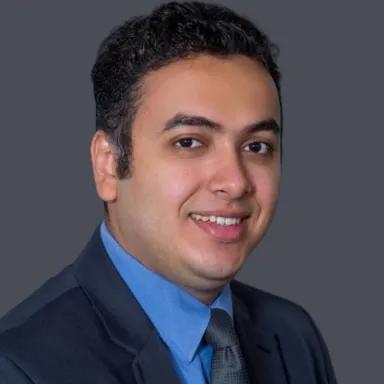
Dr Michael Naguib
CLICK HERE FOR MORE INFORMATION
Associate Professor, Department of Physics and Engineering Physics, Tulane University, New Orleans, Louisiana, USA
Bio: Ken and Ruth Arnold Early Career Professor in Science and Engineering and an associate professor in the department of Physics and Engineering Physics at Tulane University, New Orleans, Louisiana, USA. Prior to joining Tulane in 2018, he was a Wigner Fellow (2014-2017) and Research Staff (2017-2018) at Oak Ridge National Laboratory. He received his PhD in Materials Science and Engineering at Drexel University in 2014 where he co-invented MXenes in 2011. He has published more than 110 papers (with more than 48,000 citations and h-index of 63) in international journals and presented many plenary, keynote and invited lectures and seminars at a number of international conferences and universities. He has been listed as a Highly Cited Researcher by Clarivate Analytics four times and has received many awards such as NSF CAREER Award, Robert L. Coble Award, Kroto Award, Ross Coffin Purdy Award, Rising Star Award by Tulane University, MRS Gold Graduate Student Award, Graduate Excellence in Materials Science Award, Young Alumni Emerging Leader Award by Drexel University, and was listed as Drexel University Forty-Under-Forty. He is an Associate Editor of Energy Advances. His research group works on the synthesis and characterization of layered materials and novel nanomaterials with a focus on 2D materials for electrochemical energy storage and conversion and environmental applications.
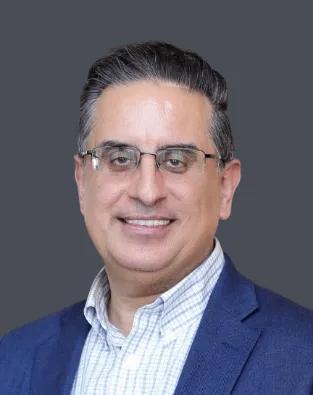
Prof. Dr Husam Alshareef
CLICK HERE FOR MORE INFORMATION
Professor of Materials Science and Engineering at King Abdullah University of Science and Technology (KAUST), Saudi Arabia
Bio: Husam Alshareef is a Professor of Materials Science and Engineering at King Abdullah University of Science and Technology (KAUST). He is also the Director of the newly established Center of Excellence in Renewable Energy and Storage Technologies at KAUST. He obtained his Ph.D. at NC State University followed by a post-doctoral Fellowship at Sandia National Laboratories, USA. He spent over 10 years in the semiconductor industry where he implemented processes in volume production for chip manufacturing. He joined KAUST in 2009, where he initiated an active research group focusing on the development of nanomaterials for energy and electronics applications. His work has been recognised by over 25 awards including the SEMATECH Corporate Excellence Award, two Dow Sustainability Awards, the Kuwait Prize for Sustainable and Clean Technologies, and the KAUST Distinguished Teaching Award. He has published over 600 papers and 80 issued patents. He is a Fellow of several prestigious societies including the American Physical Society (APS), Institute of Electrical and Electronics Engineers (IEEE), US National Academy of Inventors (NAI), Institute of Physics (IoP), Royal Society of Chemistry (RSC), and the Institute of Materials, Minerals and Mining. He has been a Clarivate Analytics Highly-cited Researcher in Materials Science for several years.
Keynote Speakers
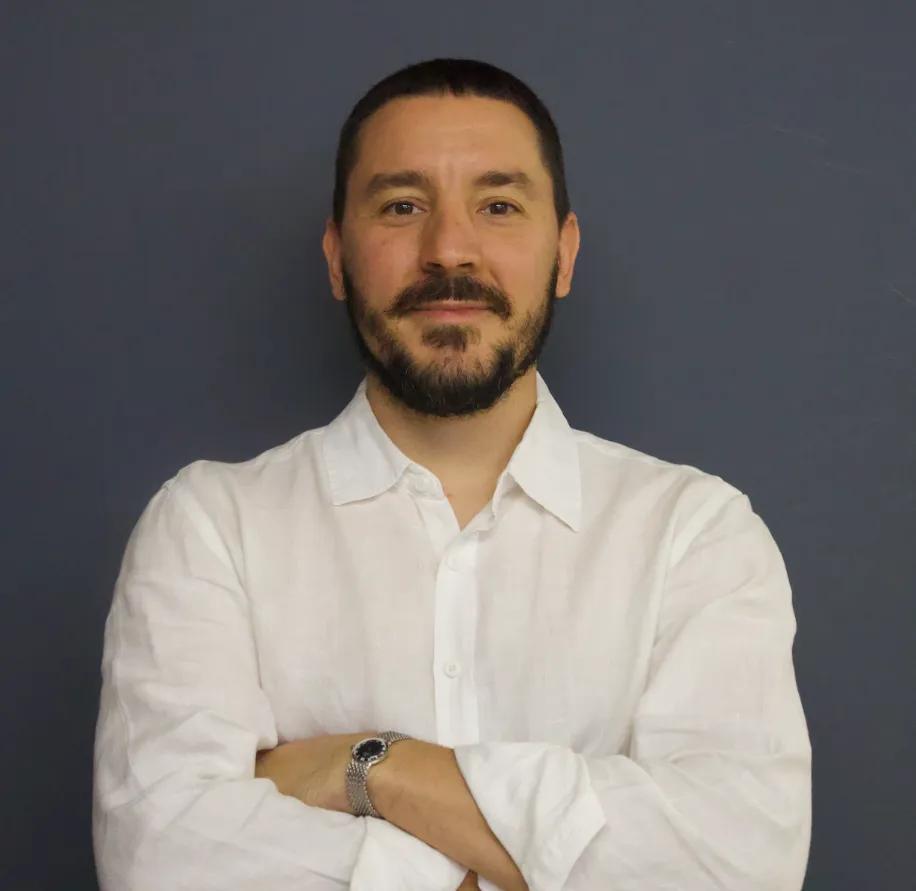
Dr Stefano Cinti
CLICK HERE FOR MORE INFORMATION
Associate Professor,
Department of Pharmacy, University of Naples “Federico II”
Bio: Stefano Cinti is an Associate Professor at the Department of Pharmacy, University of Naples “Federico II”. He obtained a Ph.D. in Chemical Sciences in 2016 in the group headed by Prof. Giuseppe Palleschi at the University of Rome “Tor Vergata”. He leads the uninanobiosensors Lab (uninanobiosensors.com) at the University of Naples “Federico II”, and his research interests include the development of electrochemical sensors, portable diagnostics, paper-based devices, and nanomaterials. During his research activity, he had the opportunity to spend a period abroad in Finland, U.K., the U.S., Germany, and Spain. He has published more than 90 papers in peer-reviewed journals, with an H-index of 35 and > 4000 citations. Among all the prizes and certificates, in 2022, he was awarded the Early Career award from the International Society of Electrochemistry in Analytical Electrochemistry; in 2022, he was awarded the Biosensors 2022 Young Investigator Award; in 2023, he was awarded a Sensor Division Early Career Award by ECS; and in 2022, he was recognised as the World’s Top 2% Scientists. He is the coordinator of the Chemical Cultural Diffusion group of the Italian Chemical Society. He is the Chair of AMYC-BIOMED, a multidisciplinary conference for young chemists in the biomedical sciences. He is very active in communicating science to nonspecialised audiences through TV shows, radio, and magazines.
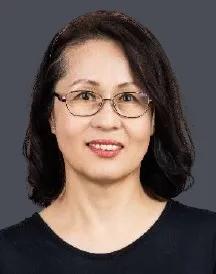
Dr. Christin Sophie Eun-Sook Brings
CLICK HERE FOR MORE INFORMATION
Scientific consultant at VDI/VDE/IT GmbH, Berlin, Germany
Bio: Dr. Christin Brings was born in South Korea and has lived in Germany for 45 years, making her fluent in Korean, German, and English. She started her career in the export industry, specialising in steel products and industrial filtering systems, and later pursued higher education at the University of Duisburg-Essen, Germany, earning a diploma in Industrial Technical Qualification and Organization Management. She also completed a PhD (Dr. Phil.) focusing on the international comparison of industry-education collaboration systems. Dr. Christin Brings has extensive experience as a scientific research fellow, first at the Federal Institute for Vocational Education and Training (BIBB) in Bonn, where she coordinated Public-Private Partnerships for vocational training development. She later worked with the Korean Ministry of Employment and Labor on developing National Competency Standards for technical training. Since 2018, Dr Christin Brings has served as a scientific consultant at VDIVDE Innovation and Technik in Berlin, supporting national digitalisation projects, R&D in battery cell production, and overseeing the national battery ecosystem. She is also a senior lecturer at the University of Magdeburg in the field of international vocational education and training management. Dr. Christin Brings is an active member of the EU battery scientists collaboration, German-East Asian R&D networks, and the start-up community. Her research interests include fostering collaboration between Europe and Asia in the battery, renewable energy, and digitalisation sectors.

Professor A. Nirmala Grace
CLICK HERE FOR MORE INFORMATION
Professor and Director at the Centre for Nanotechnology Research, Vellore Institute of Technology (VIT), Vellore, India.
Bio: A. Nirmala Grace is Professor and Director at the Centre for Nanotechnology Research, Vellore Institute of Technology (VIT), Vellore, India. She received her Ph.D degree from the University of Madras, India and worked as a Postdoctoral/Senior Researcher Fellow at the Korea Institute of Energy Research, South Korea on Renewable Energy. She is a Fellow of the Royal Society of Chemistry (FRSC), a Fellow of the Academy of Sciences, Chennai (FASCh) and a member of the International Solar Energy Society (ISES). Her current research interests include Energy materials, design and fabrication of electrodes for dye-sensitized, perovskite solar cells; Electrodes for supercapacitors - Morphological studies of supercapacitor electrodes and study of electrochemical redox reactions at the interface of electrodes and electrolytes; Engineering of inter-layer spaces in 2D materials to improve the ion accessibility; Tuning the structure and porosity of electrode materials; Transparent photovoltaics for device and surface integration; Flexible energy devices for conversion and storage - flexible and printable supercapacitors for wearable devices such as sensors and energy conversion; She has more than 200 International Peer-reviewed publications, one patent published and has edited two books, authored many book chapters (h-index of 59 and i-10 index of 144). She is on the Editorial board of journals including Editorial Board Member, Scientific Reports, A Nature Journal (IF – 3.8), Materials Today (IF – 21.1), Solar Energy (IF – 6.0), Progress in Materials Science (IF – 33.6), ACS Applied Nanomaterials (5.3), IOP Nanotechnology (2.9), Diamond and Related Materials (IF-4.3), RSC Energy Advances (3.2), IET Nanobiotechnology (3.8) and Graphene and 2D Materials - Springer-Nature journal.
Invited Speakers
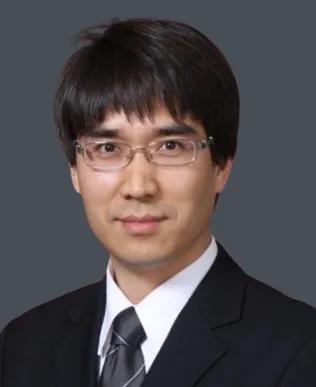
Dr Huaiyu Shao
CLICK HERE FOR MORE INFORMATION
Associate professor, Institute of Applied Physics and Materials Engineering (IAPME), University of Macau
Bio: Dr. Huaiyu Shao is an associate professor at the Institute of Applied Physics and Materials Engineering (IAPME) at the University of Macau, specializing in next-generation energy storage technologies focusing on battery electrodes and hydrogen energy materials. Prior to this, he was an assistant professor at the International Institute for Carbon-Neutral Energy Research, Kyushu University. Dr. Shao earned his BS and PhD in chemistry from Peking University, China. He pursued postdoctoral research at the National Institute of Advanced Industrial Science and Technology, Japan, and the Max-Planck-Institut für Kohlenforschung, Germany. Dr. Shao has secured over $2.7 million in research grants and published 140 scientific papers in high-impact journals, accumulating over 5,000 citations. He has also contributed to one edited book, two special issues for SCI journals, and six book chapters. Recognized in Stanford University's list of the World's Top 2% Scientists, Dr. Shao has delivered over 80 oral presentations at international conferences, with about 60 being invited or plenary talks. He has organized sessions for prominent conferences like the ACS National Meeting, USNCTAM, and the International Conference on Small Science. Dr. Shao reviews 60 scientific journals, including Nature Communications and Science Advances, and serves on editorial boards for journals like Inorganics and Metals. He is also an international grant reviewer for France and Romania. Dr. Shao's entrepreneurial efforts include incubating Aolisin Technology Co., Ltd. at the University of Macau, which won the first prize in the 2022 China Overseas Talent Innovation and Entrepreneurship Competition and second place in the 2022-2023 "Maker China" SME Innovation and Entrepreneurship Global Contest.
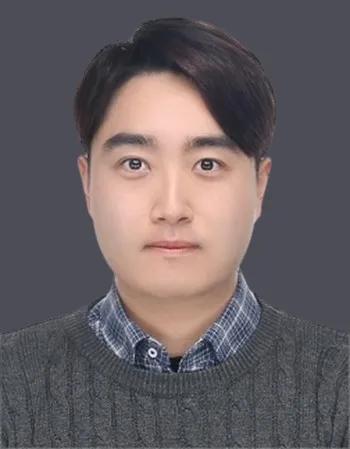
Dr. Jun Young Cheong
CLICK HERE FOR MORE INFORMATION
Reader, James Watt School of Engineering, University of Glasgow, Glasgow, G12 8QQ, UK
Bio: Dr Jun Young Cheong is currently a reader at the James Watt School of Engineering, University of Glasgow, United Kingdom, since May 2024. He was previously a group leader at the University of Bayreuth, serving both the Department of Chemistry and the Bavarian Center for Battery Technology. Prior to joining the University of Bayreuth, he was a staff engineer at Samsung SDI, specialising in electrode processing. He received his BS degree, MS degree, and PhD degree in materials science and engineering from KAIST in Korea (2014/2016/2020, respectively). His current research topic includes the synthesis of functional materials, energy storage and conversion, and in situ characterisations. Jun Young has published more than 90 articles and holds numerous patents and patent applications.
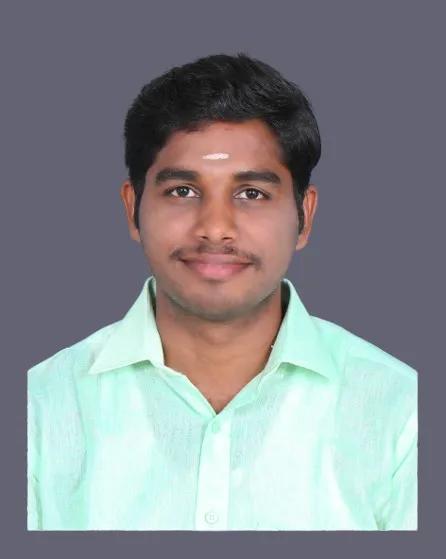
Dr. Arulraj Arunachalam
CLICK HERE FOR MORE INFORMATION
Assistant Professor, School of Electronics, Universidad Tecnológica Metropolitana, Santiago, Chile
Bio: Dr. ARULRAJ Arunachalam is an Assistant Professor in the Department of Electrical Engineering at the Universidad Tecnológica Metropolitana (UTEM) in Santiago, Chile. With over five years of experience, he has made substantial contributions to renewable energy, particularly in solar energy conversion and storage technologies. His academic journey began at Anna University, India, where he earned a Master of Technology in Nanoscience and Nanotechnology and later a Ph.D. in Technology (Renewable Energy). His doctoral research focused on enhancing solar energy conversion efficiency through advanced materials and nanotechnology. Dr. Arul's postdoctoral work includes research at Sunway University, Malaysia, and the Universidad de Concepcion, Chile, where he continued to explore renewable energy innovations. His notable research contributions include the development of high-efficiency third-generation solar cells and hydrogen generation using 2D chalcogenides-based nanocatalysts, alongside advancements in energy storage devices like supercapacitors. Dr. Arul is actively involved in professional bodies, serves as an editor for several scientific journals, and has edited five books on materials science and technology. An enthusiastic educator and mentor, he teaches courses in electromagnetic energy conversion, advanced renewable energy technologies, and more, while also fostering the growth of future innovators in renewable energy. His contributions have been recognized with numerous awards, including the NASI-Springer Award, and his work is frequently published in leading scientific journals.



